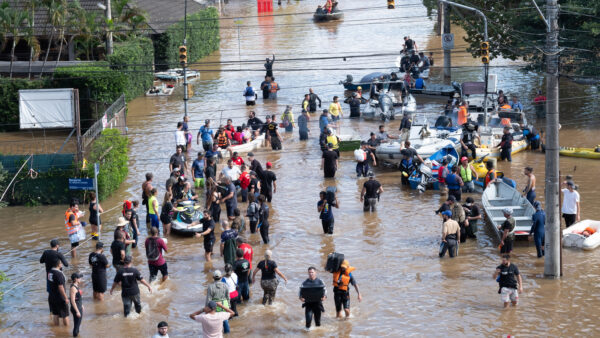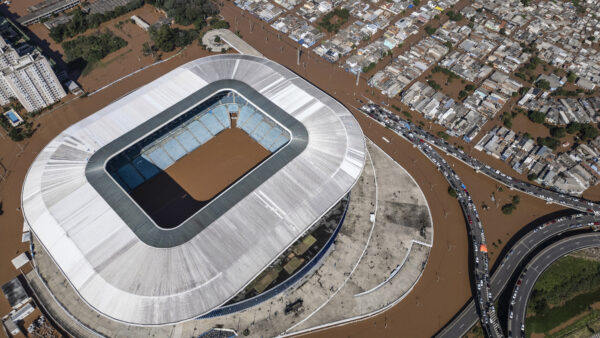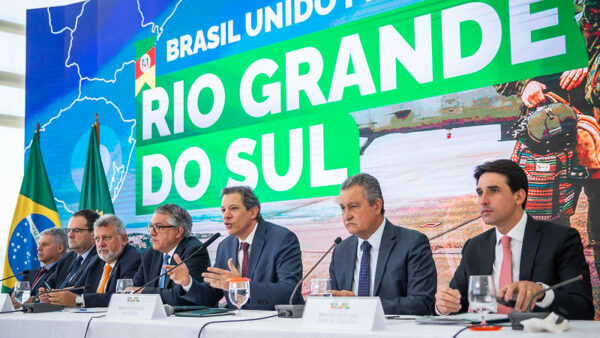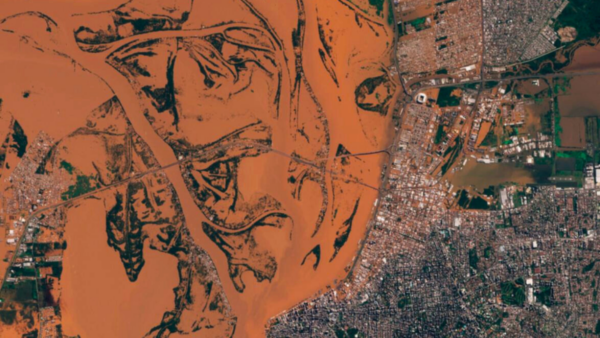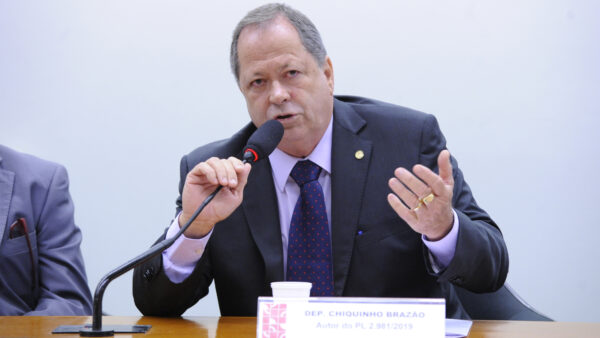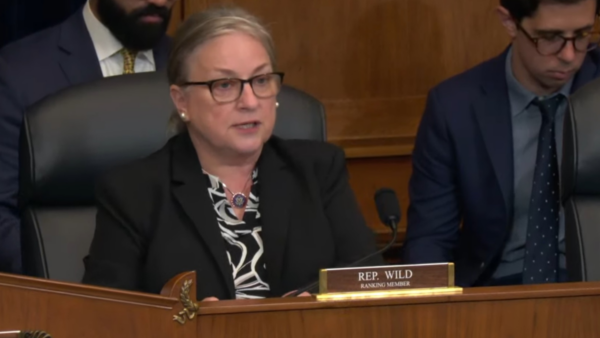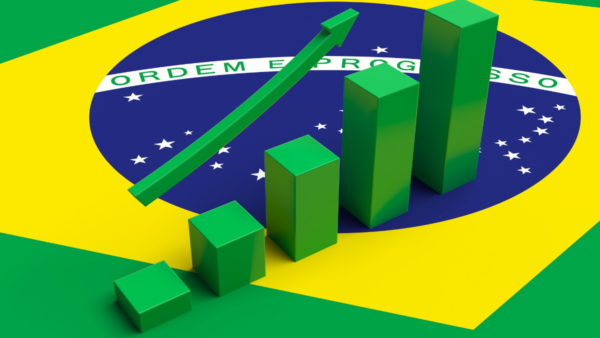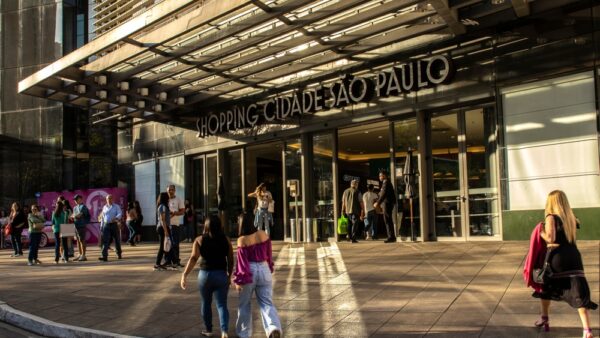The national police in Paraguay arrested politician Paraguayo Cubas, who came in third in the country’s recent presidential election less than a week ago.
An anti-establishment candidate, Mr. Cubas was accused of disturbing public peace, threatening the country’s electoral process, coercing constitutional bodies, and resisting authority.
🚨📷𝗔𝗛𝗢𝗥𝗔
— Policía Nacional del Paraguay (@policia_py) May 5, 2023
La Policía Nacional informa, que siendo las 16.30 hs de fecha 05/05/2023, en la ciudad de San Lorenzo, se ha procedido a la detención preventiva del ciudadano PARAGUAYO CUBAS COLOMES, en cumplimiento al oficio No 1/23 emanado del Ministerio Público. pic.twitter.com/3HWNv8Svtl
The election was won by Colorado Party candidate Santiago Peña, continuing a long tradition of Colorado dominance in the country over the past 75 years. Mr. Peña received 43 percent of the vote, comfortably defeating Liberal Party candidate Efraín Alegre, who only made it to 27 percent. Mr. Cubas ended up not far behind with 23 percent.
His supporters set up roadblocks near electoral courts in the capital, Asunción, leading to escalating demonstrations. Protesters demanded a recount. They blocked ambulances and public transport, set police vehicles on fire, and clashed with police, who used rubber bullets and tear gas. Dozens of people have been arrested in connection with the violence.
Mr. Alegre called for Mr. Cubas’s release and said he shared some of his suspicions of fraud. But Mr. Alegre’s coalition is divided over the arrested politician, with many repudiating the protests.
Mr. Cubas split from the opposition coalition led by Mr. Alegre before the election. That opposition division helped the Colorados win despite reaching the lowest share of votes since their only presidential loss in seven decades, back in 2008.
Protesters took to the streets again during the weekend, demanding Mr. Cubas’s release.
On Sunday, Mr. Alegre joined the chorus calling for people to mobilize outside the country’s electoral tribunal, demanding a full vote-by-vote recount. Electoral authorities argue that Paraguay’s laws do not allow for such an exhaustive measure.
César Rossel, the head of Paraguay’s electoral court, said: “36,700 observers from political parties, as well as many other external observers, monitored the vote during election day in each of the voting booths. None of them reported any irregularities.”
“Paraguay’s laws say that the forms signed by these party observers in each of the voting booths are final, and each individual ballot cannot be recounted,” Mr. Rossel added.
Mr. Cubas’s lawyers said they would protest to the Organization of American States (OAS), arguing that the former candidate is being politically persecuted.
Disclaimer: This post has been update on May 8.

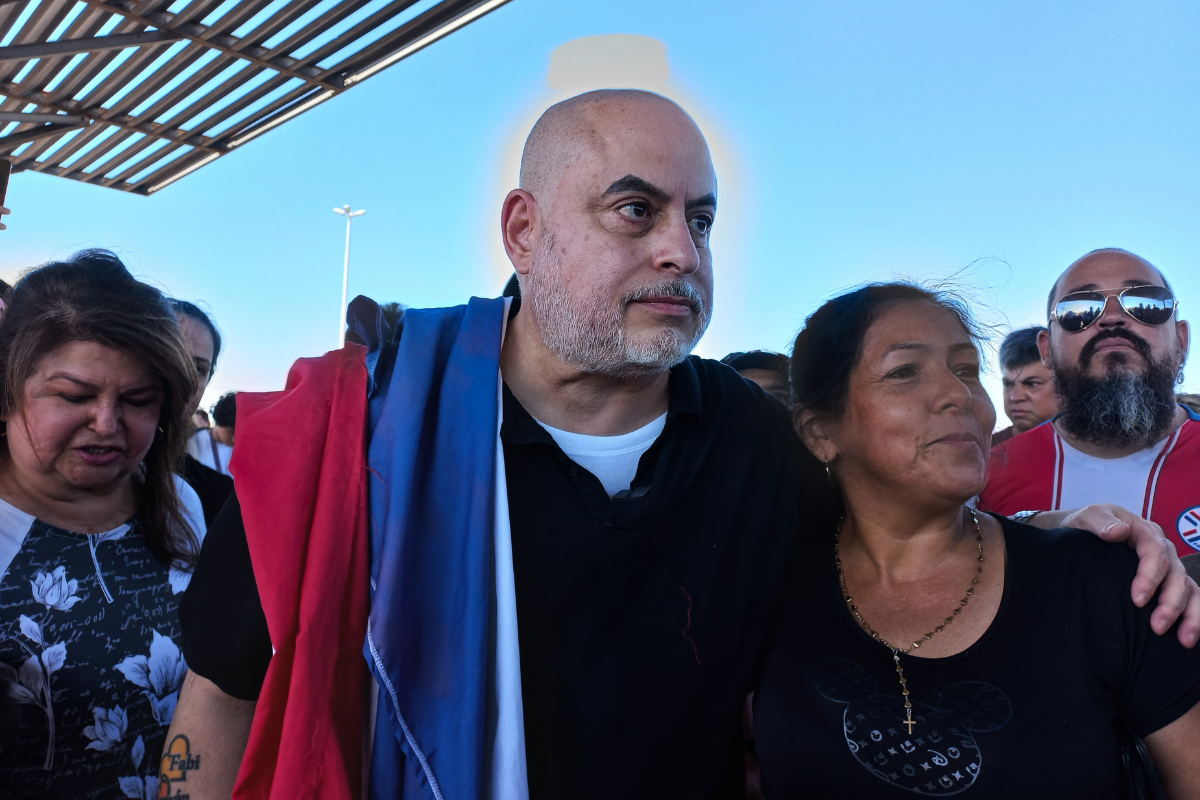
 Search
Search